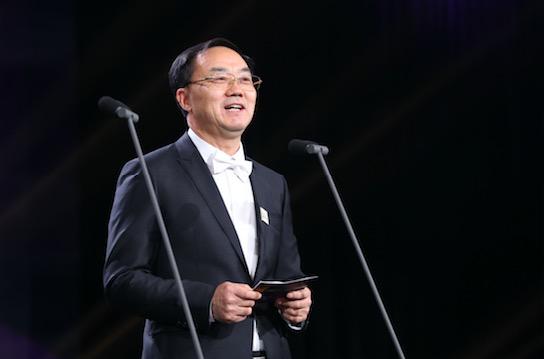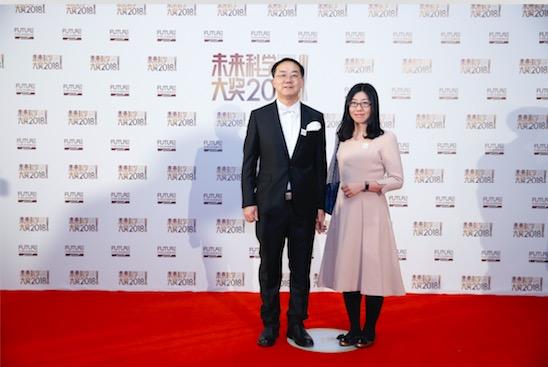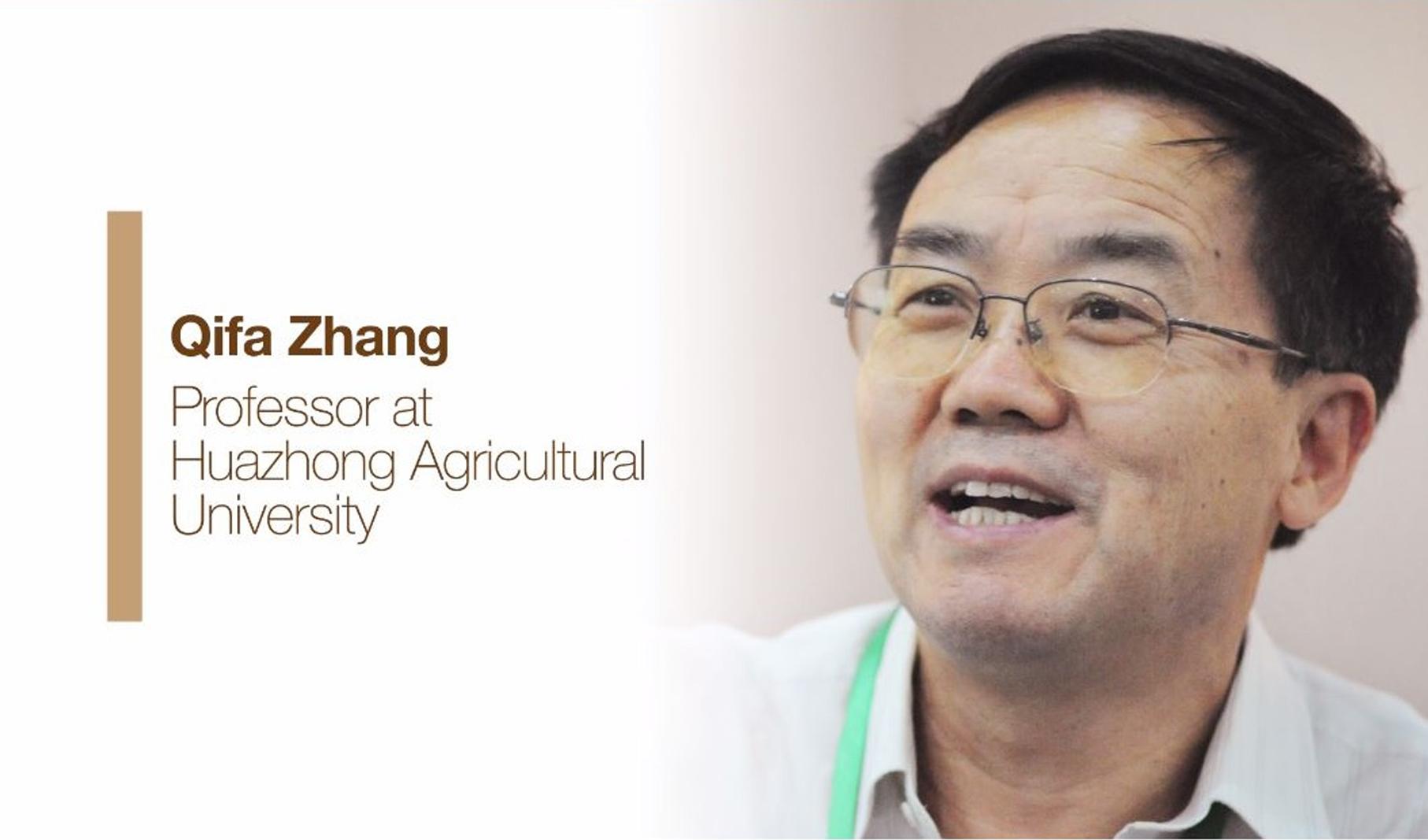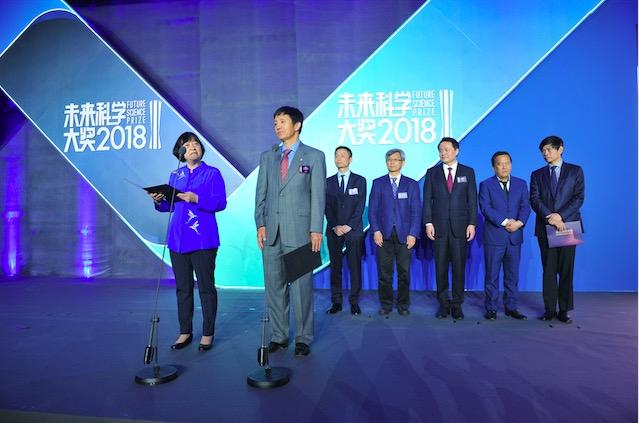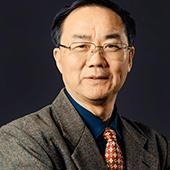
For establishing rice genomics and systematically studying molecular mechanisms of hybrid vigor and hybrid sterility to enhance rice yield.
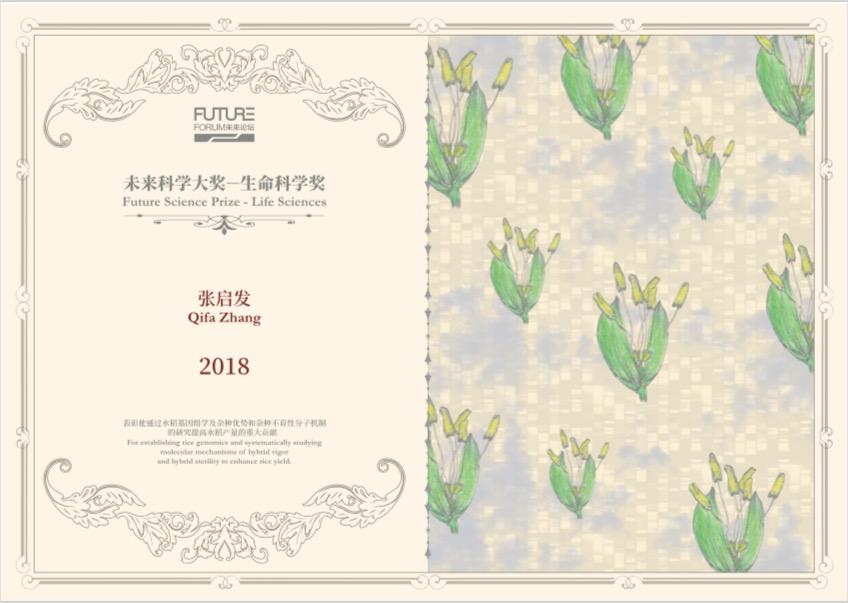
2018 The Life Science Prize Laureate


Citation:
For their pioneering contributions in producing high-yield, superior-quality rice through systematic study of molecular mechanisms associated with specific rice features and application of novel approaches in rice breeding.
Rice is one of the most important staple crops that feeds more than half of the world population. Increasing rice yield and quality using genetic approaches has paramount importance in meeting challenges of a rapidly expanding population, while sustaining an inhabitable environment. However, rice yield and quality are complex traits determined by many genetic and environmental factors, making continued improvement of these traits a major scientific endeavor of our time.
Professor Yuan pioneered the development of the first rice male sterile line that made it possible for large-scale production of hybrid rice to significantly increase yield. The success of his hybrid rice production system demonstrated that heterosis, a phenomenon in which the progeny of two different parents perform better than either parent, can occur in a self-fertilizing plant like rice and laid the foundation for using heterosis as a major breeding practice to generate rice varieties with higher yield and increased resistance to stress.
Following Professor Yuan’s groundbreaking work on hybrid rice, Dr. Zhang and Dr. Li played seminal roles in bringing modern molecular genetic and genomic approaches to rice breeding. Dr. Zhang designed a highly innovative “immortalized F2 population” strategy that has been widely used to elucidate genetic components controlling heterosis in rice and other crops. Zhang identified the first gene that determines rice grain size. Zhang’s findings significantly reduced the randomness of the breeding practice and expanded the use of heterosis in rice breeding.
In synergy with Zhang’s research on heterosis, Dr. Li pioneered the study of how plant architecture affects rice yield. Li demonstrated that plant tiller number and panicle morphology are major yield determinants. His paradigm of breeding high yield and high quality super rice through rational design of ideal plant architecture has led to generation of 20 new rice varieties that have started to be planted in real fields (35 million “mu”s) since 2016.
Together, Professor Yuan, Dr. Zhang, and Dr. Li have made seminal discoveries using a wide breadth of approaches to drive sustainable yield gains in rice. Their immense contributions to basic research and to society have brought wide international acclaim to China. We honor their astounding achievements with the Future Science Prize.
Longping Yuan, born in September 1930, Beijing.
Qifa Zhang, born in December 1953, Hubei; Ph.D. Genetics, 1985, UC Davis, USA.
Jiayang Li, born in July 1956, Anhui; Ph.D. Biology, 1991, Brandies University, USA.


